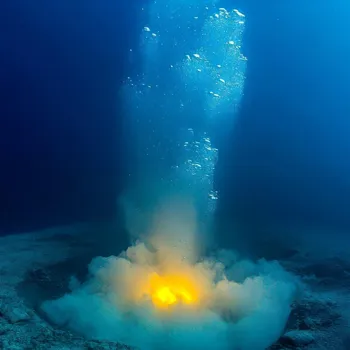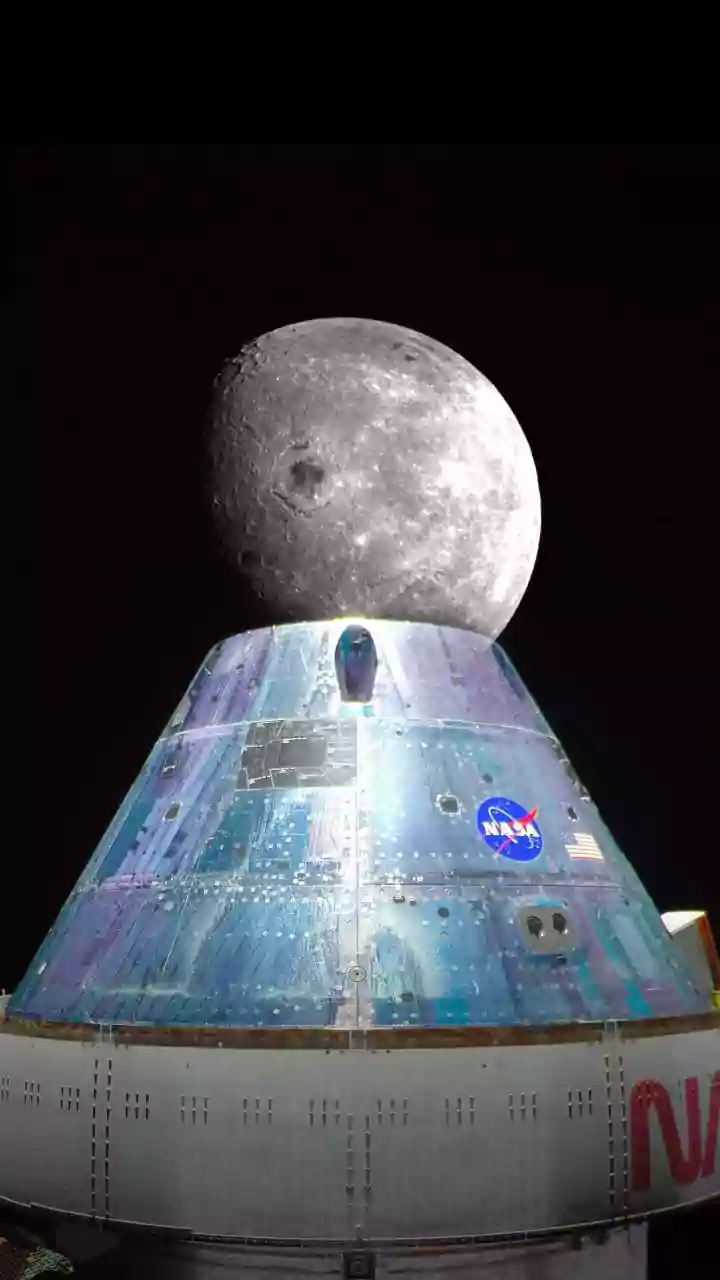Unlocking the Mysteries of Astrobiology: Life's Origins and Beyond! Dive into the science behind extreme environments
Ever looked up at the night sky and wondered, "Are we alone, yaar?" Well, you're not
the only one! Scientists have been scratching their heads over this big question for ages, and the field dedicated to finding answers is called astrobiology.
It’s not just about little green aliens; it’s about understanding life itself, where it comes from, and how far it can stretch. And get this – the key to finding life elsewhere might lie right here on Earth, in the most extreme corners imaginable!
Astrobiology: studying extreme earth environments for extraterrestrial life
Astrobiology, at its core, is a multi-disciplinary field. Think of it as a 'khichdi' of biology, chemistry, physics, geology, and astronomy, all mixed together. These scientists are studying places on earth to gather more information.

They’re looking at places like deep-sea hydrothermal vents belching out super-heated, chemical-rich water, or the dry valleys of Antarctica, which are bone-dry and colder than your ex's heart. Why these crazy places, you ask?
Because they mimic some of the conditions we think might exist on other planets and moons in our solar system and beyond. If life can survive and even thrive in these conditions on Earth, it gives us a real shot of hope that it could exist elsewhere, too!
Scientists explore extremophiles in extreme environments, proving life's adaptability
So, what exactly are scientists looking for in these extreme environments? They’re searching for extremophiles. These are organisms, often microbes, that are specially adapted to living in conditions that most other life forms would find lethal.

These hardy chaps are biological proof that life can find a way! In deep-sea vents, for example, they find organisms that get energy from chemicals instead of sunlight.
In the Atacama Desert, considered one of the driest places on Earth, scientists find specialized bacteria living inside rocks, getting moisture from the air. These discoveries are not just cool trivia; they help us define the boundaries of what is biologically possible.
Understanding extremophiles in volcanoes aids astrobiology search
Why should we care if some bacteria are chilling in a volcano somewhere? Because understanding how life can adapt to extreme stress is fundamentally important to understanding life's potential in the universe.

If we can figure out the limits of life on earth, we can start constructing a better idea about where to look for life beyond earth.
Exploring potential for life on Mars and Europa
Think about Mars. It's cold, dry, and has a thin atmosphere. For a long time, everyone thought it was a dead planet. But recent discoveries of liquid water under the south polar ice cap have reignited hope, that’s it has pockets where the conditions might be favorable to life.

On Europa, a moon of Jupiter, there's a massive ocean covered in ice. If there are hydrothermal vents on the ocean floor, like here on earth, it might be able to have the same conditions and therefore life.
Scientists study environments to detect life in challenging conditions
By studying these environments here at home, scientists can develop the types of instruments and strategies we need to detect life in these challenging situations.

This could involve things like analyzing the chemical composition of the atmosphere , or drilling into the ice to take samples of the ocean below.
Astrobiology studies extreme environments to understand life origins and evolution
Astrobiology isn’t just about finding alien life. It also helps us to understand our own origins better. By studying the extreme environments on Earth, scientists can get clues about the conditions that existed on Earth billions of years ago, when life first appeared.

This knowledge helps us build a more complete picture of evolution, and how life has adapted and changed over time. It is also helpful in understanding our own future.
As climate change makes parts of the planet more extreme, we may learn from the extremophiles some useful tips about dealing with environmental stress.
Astrobiology tech benefits Earth through innovation
Moreover, the pursuit of astrobiology pushes the boundaries of technology. Developing sensors that can sniff out life in extreme environments requires innovation in engineering, computer science, and material science. These new technologies can have benefits here on Earth.

Think of better water purification systems, new materials in construction, and ways to clean up extremely polluted zones. These could all have roots in the search for life beyond Earth. This type of technology can benefit the planet through a trickle effect by exploring these extreme environments.
Exploring Earth to find life beyond
So, the next time you look up at the stars, remember that the search for life beyond earth isn’t just some crazy sci-fi fantasy. Its serious science with profound implications for how we understand life, the universe, and our place in it. There is so much to explore on Earth.
This exploration can help us find life in space.
Astrobiology explores extremophiles for extraterrestrial life
The extreme environments here on Earth are the perfect training ground for finding life out there. Who knows, maybe one day we'll get the answer: that we are not alone. With that discovery it will be all thanks to Astrobiology and those extremophiles dwelling in the most surprising places.

How about that, boss?
AI Generated Content. Glance/InMobi shall have no liability for the content

















